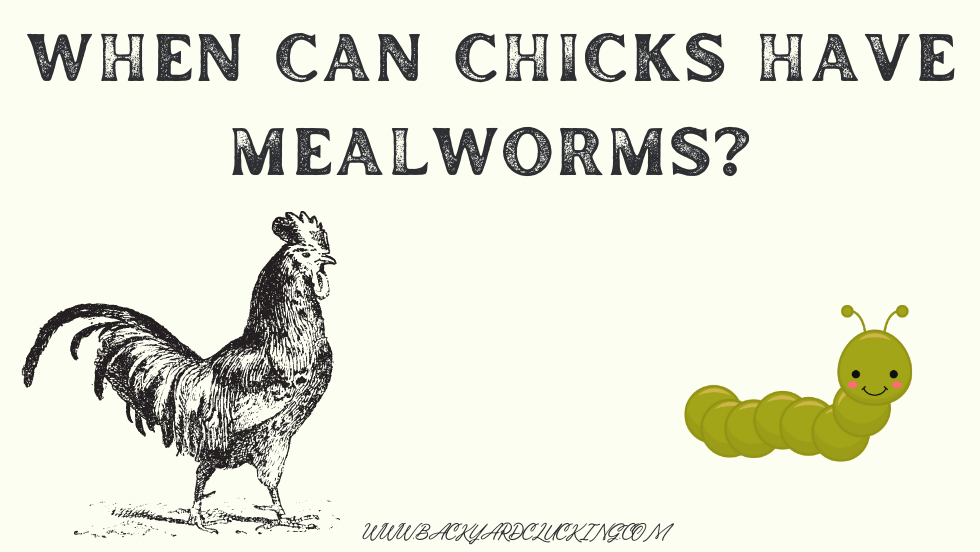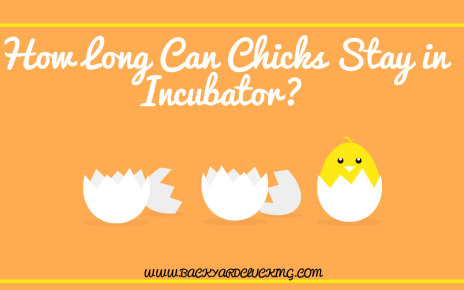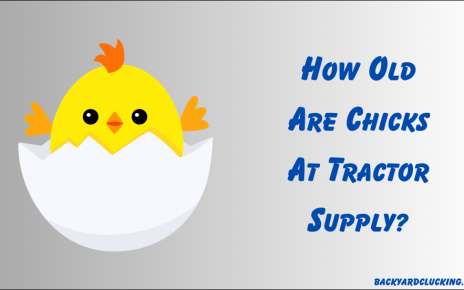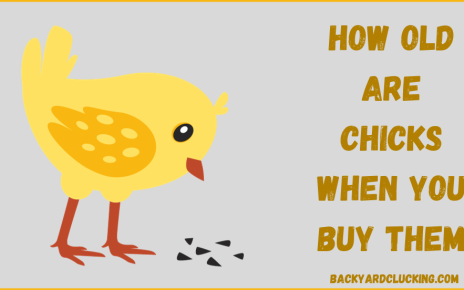For many backyard chicken-keeping enthusiasts, one of the biggest questions they have when starting is: when can my chicks safely start to eat mealworms? While it’s a common practice for many to feed their chickens these tiny morsels, there are some essential things to consider before making them part of your flock’s diet.
Here we will take an in-depth look at why mealworms are so beneficial for chickens, at what age you should introduce them into your flock’s diet, and how best to serve them up.
Mealworms: An Overview
Mealworms are the larval stage of the mealworm beetle (Tenebrio molitor). They can measure between half an inch and one and a half inches long, depending on their age, and have a yellowish hard shell with brown rings.
Life Cycle of Mealworms
The mealworm beetle goes through four life stages: egg, larva (mealworm), pupa, and adult beetle. An adult beetle can lay around 500 eggs, which hatch into mealworm larvae after 4 to 19 days.
The mealworm larva lives for approximately 2 to 3 weeks, undergoing several molts before transforming into a pupa. The pupa then hatches into an adult beetle capable of producing more eggs, and the cycle repeats.
Are Mealworms Safe and Healthy for Chickens?
Chickens have a natural appetite for mealworms and can benefit nutritionally from consuming them. Research conducted on broiler hens shows that mealworm meal is high in protein, fat, energy, and fatty acids, making it a viable feedstuff in poultry diets.
Moreover, mealworms contain high levels of leucine, an amino acid crucial for regenerating body tissue, and lysine, which aids in calcium absorption. This combination of nutrients is particularly beneficial for laying hens, as calcium is essential for maintaining the health of their eggshells.
When Can Chicks Have Mealworms?
During times of stress, such as molting or following a predator attack, the high protein content of mealworms can provide chickens with much-needed sustenance.
However, chickens need to consume mealworms in moderation. When given free rein, they might eat mealworms over their balanced feed, which could lead to an unbalanced diet and consequent health issues.
Related Post: Do Hens Eat Their Chicks?
How Many Mealworms Should You Feed Your Chickens?
If you’re new to raising chickens, you might wonder how many mealworms to feed them. Mealworms are a great source of protein and can be a tasty treat for your feathered friends. However, ensuring you’re adequately providing them is essential, as enough protein can lead to health issues.
Generally, feeding each chicken about 10-15 mealworms per day is recommended. Of course, every chicken is different; some may prefer it more or less.
As with any new food, introducing mealworms slowly and monitoring your chickens’ behavior and health is always a good idea. With the right balance, mealworms can be a healthy and delicious addition to your chickens’ diet.
Benefits and Disadvantages of Mealworms as a Protein Source for Chickens
Advantages
1. High protein content: Mealworms have up to 20% protein, which supports the growth and maintenance of body tissues in chickens.
2. Amino acids: Mealworms are rich in leucine and lysine, contributing to the regeneration of body tissue and calcium absorption in chickens.
3. Pleasant taste: Chickens enjoy eating mealworms, which can motivate or treat them.
4. Nutritional support during stress: With their high protein levels, mealworms can be a helpful dietary addition during periods of stress for chickens.
Disadvantages
1. Overconsumption risks: Chickens eating too many mealworms may prioritize them over balanced feed, leading to nutrient deficiencies and potential health issues.
2. Expense: Mealworms can be more expensive than other protein sources, which may discourage some poultry keepers from incorporating them into their chickens’ diets.
Popularity & Limitation of Mealworms
Mealworms have been consumed as a high-protein human food in many Asian countries for centuries. Recently, these worms have been used in the modern poultry industry to replace soy and fishmeal, which could lead to potential deforestation (soy) and depletion of marine life (fishmeal).
They are also becoming popular among people who go fishing (as bait), wild bird admirers, and backyard chicken owners. However, due to their origin, they have become illegal in certain regions.
At what age can chickens eat watermelon?
Hello, fellow poultry enthusiasts! As a livestock expert, I’m here to provide vital information about the appropriate age for chicks to begin consuming mealworms and the nutritional benefits, risks, and alternative feeding options.
Appropriate Age for Chicks to Consume Mealworms
First and foremost, baby chicks should not be given mealworms until they reach at least 3 weeks old. Before that age, their digestive system isn’t fully developed and cannot handle mealworms’ high protein and fat content.
Nutritional Benefits and Risks of Feeding Mealworms to Chicks
Mealworms are a excellent source of protein, fat, vitamins, and minerals that help support your chicks’ healthy growth and development. However, feeding mealworms too early can put baby chicks at risk for potential digestive issues since their system isn’t equipped to handle such nutrients.
When your chicks reach the appropriate age, offering them mealworms in moderation is generally safe. It is recommended to limit the number of mealworms to 10% of their daily food intake. Overfeeding these treats can lead to an unbalanced diet and obesity.
Alternative Feeding Options for Younger Chicks
For chicks under 3 weeks old, it’s best to stick with a commercially available chick starter feed. These feeds are designed to provide all the necessary nutrients and are easily digestible for their young systems. You can also offer them a small amount of chopped, cooked egg as an occasional treat in addition to their feed.
Safety Precautions When Serving Mealworms to Chicks
1. Introduce mealworms gradually: Once your chicks reach 3 weeks of age, slowly introduce mealworms into their diet. Start with a few mealworms and increase the quantity over time, as long as it doesn’t exceed the recommended 10% of their total food intake.
2. Ensure the mother hen is near. If the mother hen is nearby, she can help teach her chicks to eat mealworms safely. Observing their mother eating mealworms will teach them how to consume these tasty treats properly.
3. Choose the right kind of mealworms: Purchase mealworms from a reputable supplier and ensure they are of high quality. Avoid feeding them mealworms that have been exposed to pesticides, as they can harm your chicks.
4. Consider potential allergenic reactions: Although rare, some chicks might be allergic to mealworms. Keep an eye on your chicks for any signs of adverse reactions, such as diarrhea or vomiting, and discontinue providing mealworms if you suspect an issue.
Conclusion
Mealworms are a nutritious, tasty treat that can provide your chickens with much-needed protein and fatty acids. When introducing mealworms to chicks, it is essential to wait until they reach 3 weeks of age and to feed them in moderation. Follow the safety guidelines above to ensure your chicks enjoy their mealworms without any issues or adverse reactions.




